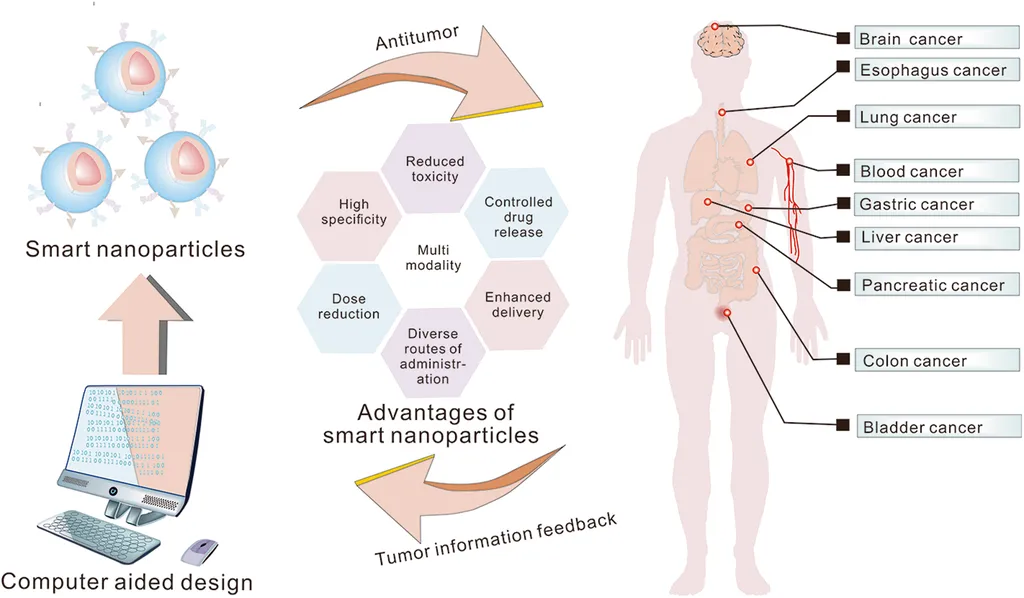In the relentless battle against melanoma, a formidable and often treatment-resistant foe, a glimmer of hope emerges from an unexpected quarter: the fusion of natural products and nanotechnology. Researchers, led by Trina Ekawati Tallei from the Department of Biology at Sam Ratulangi University in Indonesia, have published a perspective in the *Journal of Functional Foods* (translated as *Journal of Functional Foods*), outlining a novel approach to precision immunotherapy that targets melanoma’s metabolic stronghold—the mitochondria.
Melanoma’s aggressiveness and resistance to current immunotherapies can be partly attributed to its ability to reprogram mitochondrial metabolism, creating an immunosuppressive environment that shields the tumor from the body’s defenses. Tallei and her team propose a strategy that leverages the intrinsic mitochondrial tropism of natural bioactive compounds, such as curcumin, berberine, and Raddeanin A. These phytochemicals stimulate immune responses by inducing apoptosis, generating reactive oxygen species, and triggering the release of mitochondrial DNA—a potent danger signal that rallies the immune system to action.
However, the clinical potential of these natural products has been hampered by poor bioavailability and lack of specificity. This is where nanotechnology steps in, offering a suite of advanced carriers designed to enhance mitochondrial targeting, improve bioavailability, and enable controlled release. “By encapsulating these natural compounds within mitochondria-targeted nanocarriers, we can significantly amplify their antitumor effects while minimizing off-target toxicity,” Tallei explains.
The nanocarriers discussed in the perspective include MITO-Porters, polymeric nanoparticles, and mitochondria-homing metal-organic frameworks. Each of these platforms has shown promise in preclinical studies, demonstrating enhanced delivery of immunomodulatory compounds to the mitochondria of melanoma cells. This integrative approach, combining mitochondrial biology, natural product pharmacology, and nanomedicine, presents a compelling therapeutic paradigm that could overcome melanoma’s immunoresistance.
The implications of this research extend beyond melanoma, offering a blueprint for developing precision immunotherapies for other cancers with similar metabolic profiles. Moreover, the use of natural products as the basis for these therapies could reduce the cost and complexity of treatment regimens, making them more accessible to patients worldwide.
As Tallei notes, “This strategy holds significant translational potential, bridging the gap between fundamental research and clinical application.” The fusion of natural products and nanotechnology in precision immunotherapy represents a promising frontier in the fight against cancer, one that could reshape the therapeutic landscape in the years to come.
Published in the *Journal of Functional Foods*, this perspective not only advances our understanding of tumor immunometabolism but also paves the way for innovative therapeutic strategies that harness the power of nature and nanotechnology to combat one of humanity’s most formidable adversaries.

